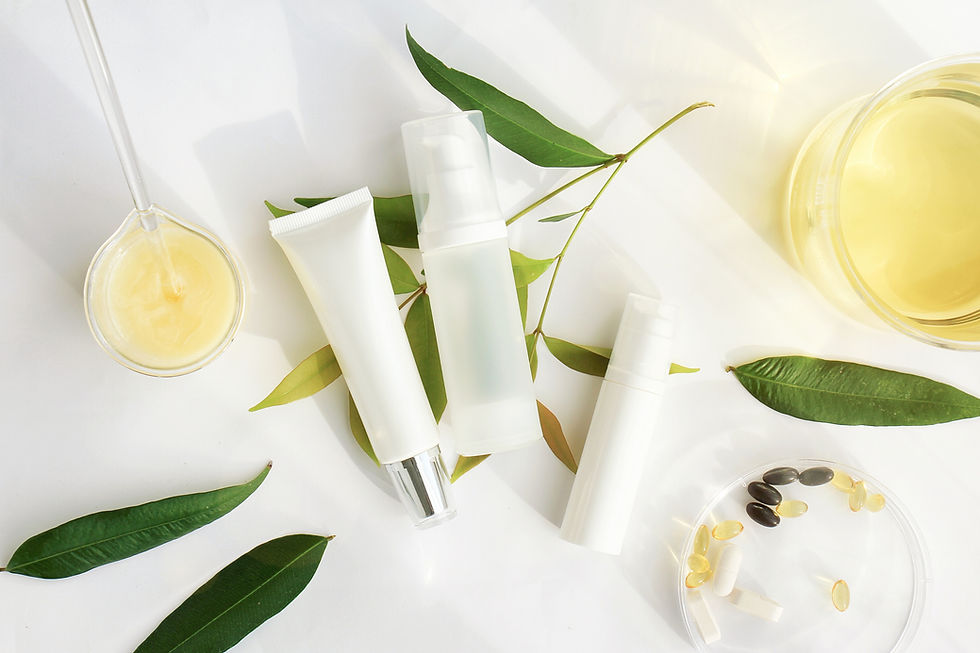Should I have Vitamin C in my face cream?
Updated: Apr 7, 2021
Disclosure: This blog post may contain affiliate links to direct readers to recommended products. Purchasing of items through these links results in a commission for the blog. We only recommend products we really believe in. Please click here to view our Legal Disclaimer page for more details.
Our staple vitamin to fight off a cold or to avoid scurvy has more uses than we realized!
Enjoy this read and, as always, click the numbers in square brackets to check out all the references!
What are the different names that can mean vitamin C?
Vitamin C goes by many different names, suited to many different occasions. The most common one you probably recognize is ascorbic acid. Other ones include L-ascorbic acid, ascorbyl-6-palmitate (this is a form of ascorbic acid that dissolves in fat[i]), and magnesium ascorbyl phosphate[ii] (a version of ascorbic acid[iii] that is less irritating to the skin). If you are looking at ingestible vitamin C you get an even larger number of names, but we will just ignore those for today.
What specifically does Vitamin C do to my skin?
It plays a huge role with collagen (which is what gives skin strength and elasticity), including stabilizing the fibres[iv], causing new fibres to generate, and decreasing the amount of degraded collagen[v,vi]. It reduces damage to the skin from ozone[vii], reduces scarring[viii], and reduces melanin formation so you get less pigmentation[ix]. To summarize; it does a lot.

Lots of companies are adding Vitamin C based products to their lines. It is important to check what percentage of acid is in the product to know if there is even enough to work! This paste by Lixir has 10% Ascorbic Acid which is an effective amount! You can use(I have no affiliation with Lixir, I just like their product!)
How much do I need and how often should it be used?
Research shows that it seems to work best in tandem with Vitamin E[x] when we are applying it topically.
Very little is needed on your face as your body can overdose on Vitamin C (this does take a lot and happens mainly with ingestible vitamin C[xi] though). Do not go over the suggested amounts written on the label. To make sure you are not overdoing it, consider having a rotation of creams so you don’t use vitamin C cream every night.
Also make sure you are ingesting enough vitamin C in your diet. You might see very little effect when applying it to your skin but it may be because you aren’t getting enough in your diet to perform regular functions. That said, talk to your doctor about your optimal requirements because just taking vitamin C tablets might not be helping much.
Finally be careful about using it if you are still producing plenty of collagen (those of us lucky enough to be below 45 are almost definitely producing enough)! Some studies show that vitamin C usage is still beneficial[xii] but others are not so conclusive[xiii] so why chance it? It will always be there to use later.
A few vitamin C creams I would recommend based on ingredients:

